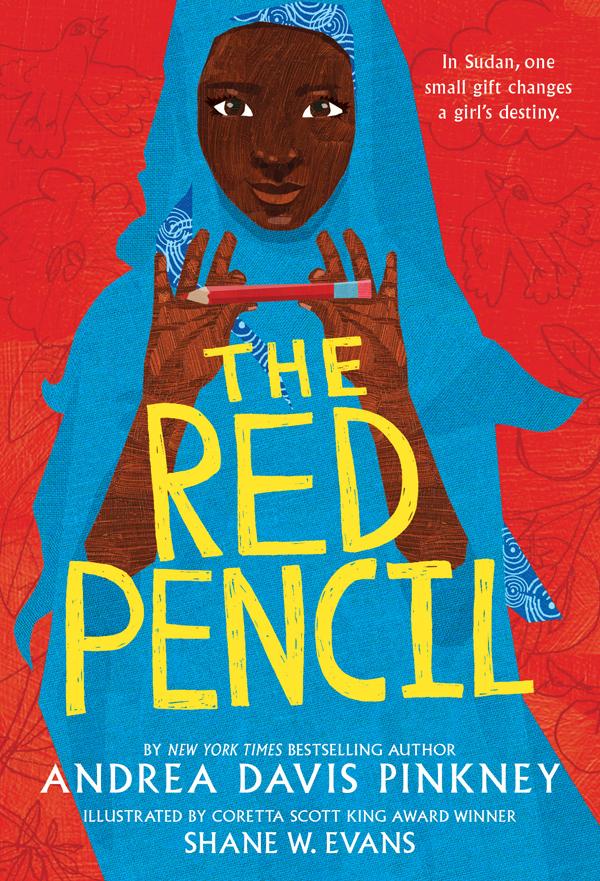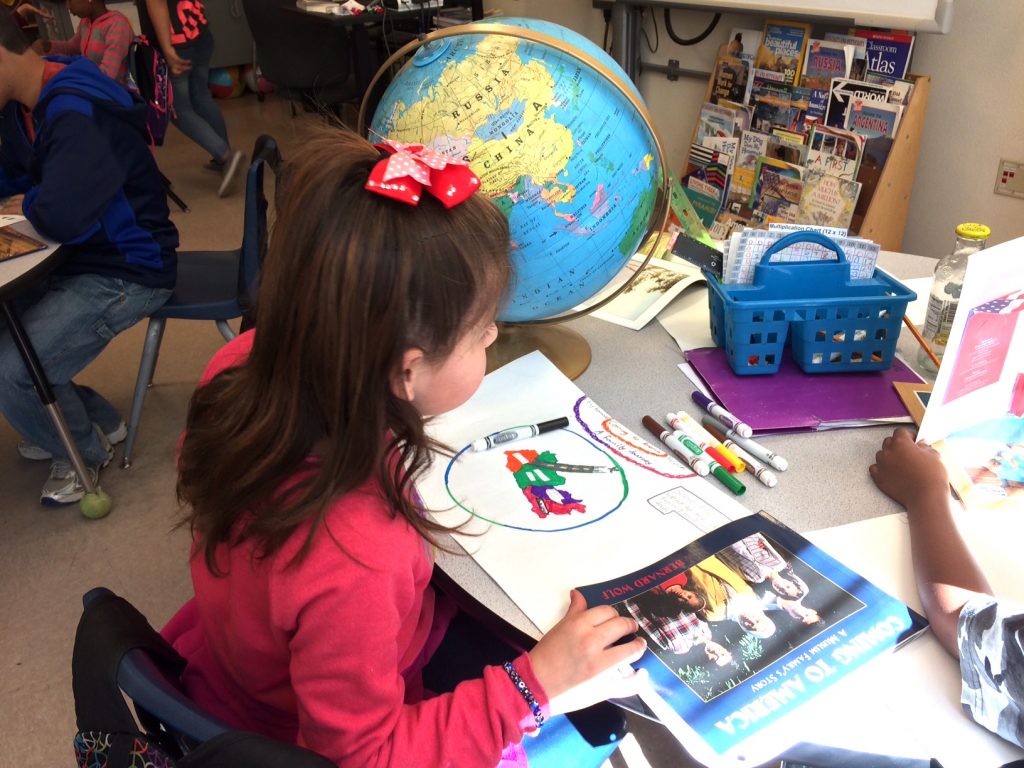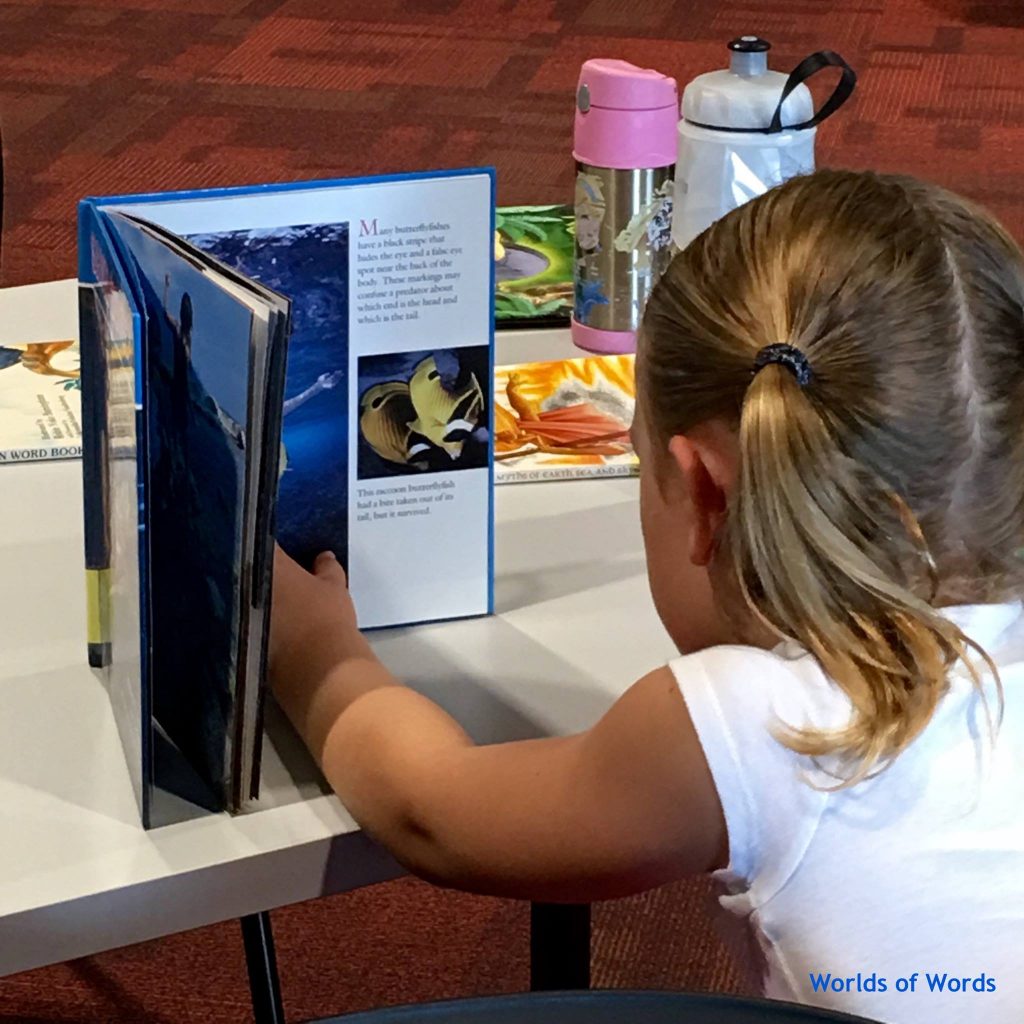By Kathy Short, The University of Arizona, Tucson, AZ
Although the classics serve as the foundation of most secondary literature classrooms, their domination is challenged by the call for cultural perspectives that reflect the diversity of our global society. The classics are critiqued for their basis in Western mainstream perspectives, biases against women and people of color, and inclusion of dated language and confusing writing styles, such as obscure expressions and unfamiliar sentence constructions. In addition, few classics have teens as main characters, having been written for adult audiences, and so teens struggle to connect. Given that these canonical texts are usually mandated reading, one way that teachers can increase relevancy and globalize reading is to pair the required classics with young adult global literature. These pairings can bring more diverse literature into the curriculum and, at the same time, create a context for understanding the classic work and its relevance for middle and high school students.






